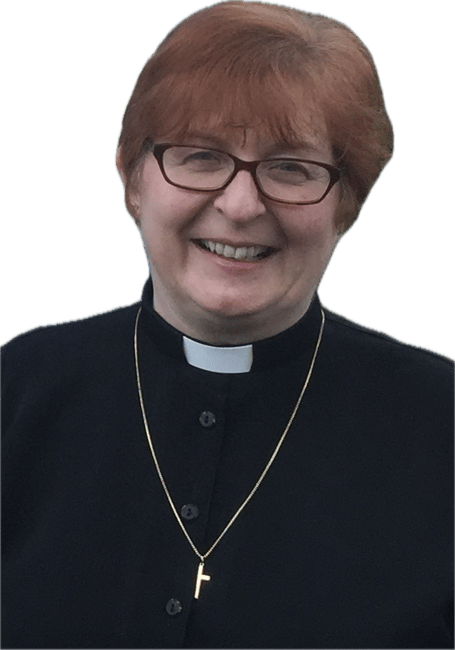In my church diary for this coming Sunday, it reminds me that the clocks go back one hour and that it is Bible Sunday.
Whilst it is obvious that the Bible is the foundational book for Christian churches, used for learning Jewish history leading up to Jesus Christ, as well as his incredible life, ministry, death, resurrection and ascension, together with the coming of the Holy Spirit and the spreading of Christianity throughout the world, it is important to remember that the Bible is not just one book, but a collection of 66 very different books.
How one approaches reading it affects how one can interpret its message.
When reading any book, one normally starts at the beginning and reads to the end. But the books within the Bible are not chronological (although it may seem that way to begin with), nor are they in the order they were written, so it can be complicated from the outset if one doesn’t realise that.
There are many different genres within the Bible — narrative and storytelling, laws, prose and poetry, letters, wise advice, lists and genealogy, prophecy and apocalyptic writings. Often different writers used different words or names for God, even within the same book, such as Genesis, which has led scholars to deduce that there was more than one author.
Some books may have been redacted — changed or added to — by disciples of the apostles, such as some of Paul’s writings, to strengthen meaning or message. I was taught to delve into the context and culture of the writing, to learn the historical, political and economic background of the time. This gives greater depth, breadth and understanding, and helps prevent reading into the text from a modern viewpoint or making assumptions from a literal reading, which is never healthy.
What is revealed when one uses many approaches to reading the Bible (I haven’t even mentioned spiritual contemplation, Ignatian meditation or Lectio Divina — look them up!) is the unimaginable scope and presence of God throughout history, together with God’s infinite love for humanity and all creation.
I do not doubt that people who experienced God, whether in the Old Testament, or through Jesus Christ and the Holy Spirit in the New Testament, were inspired to write of their experiences. But I also believe that prayerful discernment is essential to know God more fully in this blessed compilation of books that we call the Bible.





Comments
This article has no comments yet. Be the first to leave a comment.